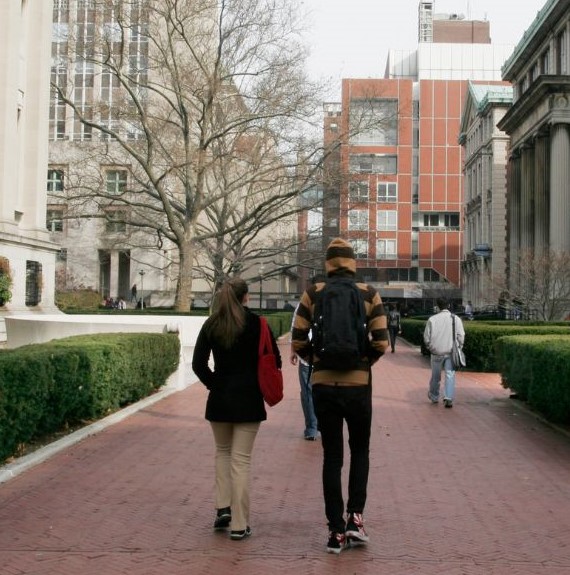
Improving Higher Education Outcomes of Foster Youth in Texas

Improving Higher Education Outcomes of Foster Youth in Texas
The majority of foster youth want to go to college. However, in Texas, only 3.5% of youth who have experienced foster care achieve any post-secondary credential by the age of 24. Fortunately, there is a state-wide movement to develop support services on college campuses for students who have experienced foster care. In 2015, Texas demonstrated a commitment to this effort by passing legislation requiring all public colleges and universities to appoint a liaison to assist foster care alumni (FCA) on their campuses. Additionally, several campuses have created more comprehensive campus support programs offering a broad array of services. Texas policies and programs have garnered national attention. However, these efforts have not been evaluated at the state level. For example, in Texas we do not know if colleges and universities have complied with the legislation to appoint a liaison, whether liaisons have any training or experience working with FCA, and what, if any, services they provide. For the small number of campuses that have developed broader campus support programs, it is unclear how those programs are funded, what they offer, and whether they have fidelity to existing conceptual frameworks for supporting FCA in higher education. Finally, we do not have rigorous evaluation data on whether these types of initiatives have improved academic outcomes, to what degree, and which practices are most/least effective. The Field Center collaborated with researchers from Texas State University, North Carolina Central University, Northeastern State University, and the Texas Alliance for Child and Family Services to conduct a study to address these issues.